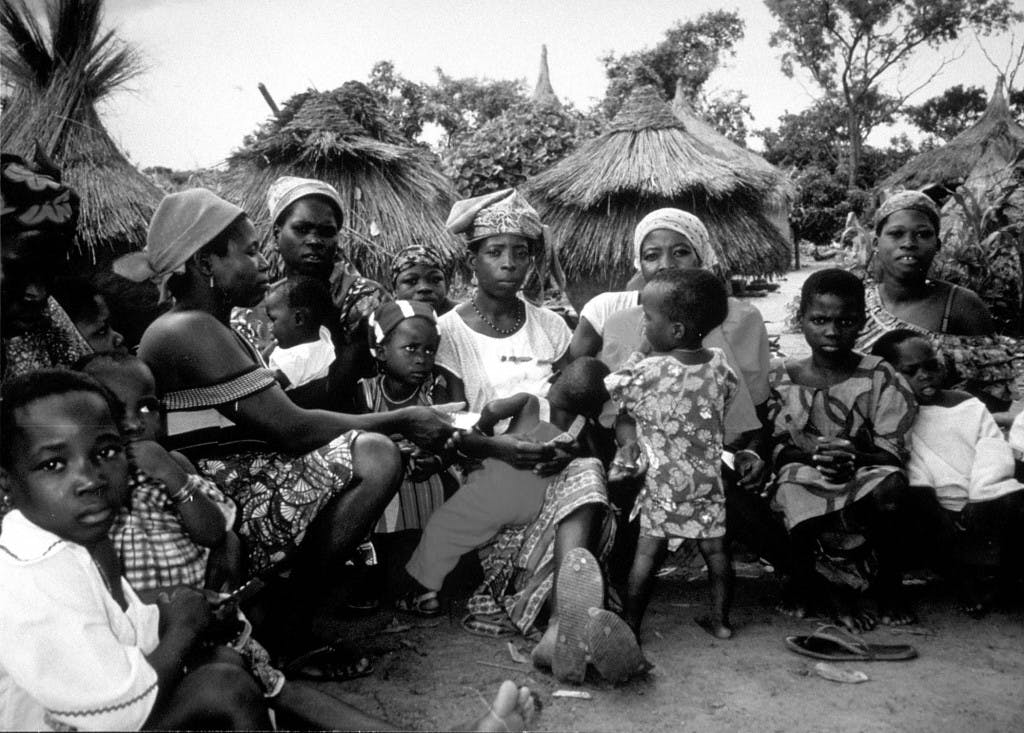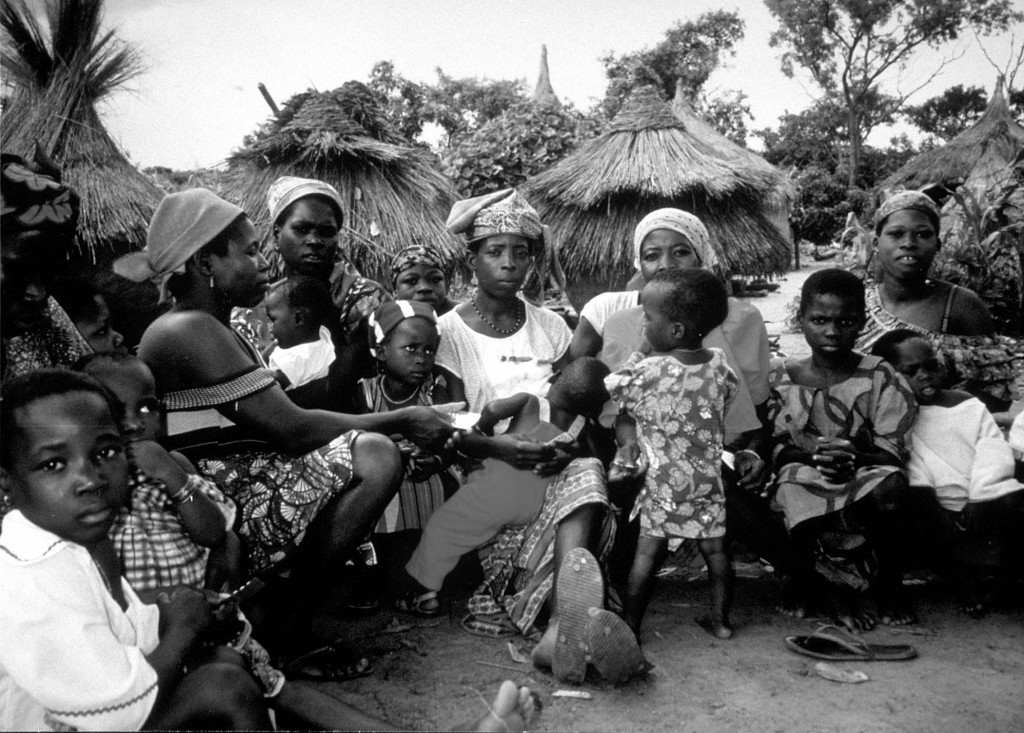Rio20
Jan 21, 2015
First story


Gender and Climate Change Challenges
A research on climate change policies and citizen's rights in Ghana conducted by the Network for Women Rights(NETRIGHT) indicated that addressing climate change is critical for sustainable development in the the country.
The treat of climate change manifested in the increase of extreme weather condition such as droughts, storms or floods, has been recognized as a global priority issues. Climate Change is a Sustainable Development Challenge, with broad impact on the Environment, Economy and Social Development.
The effects of Climate Change vary among regions and between different generations, incomes groups and occupations as well as between women and men.Developing countries and people living in poverty are likely to experience significant impacts.
Women in rural areas in developing countries are highly dependent on local natural resources for their livelihood because of their responsibility to secure water, food and energy for cooking and heating.
The effects of Climate Change including drought , uncertain rainfall and deforestation make it harder to secure these resource. By comparison with men in poor countries, Women face historical disadvantage, which include limited access to decision making and economic assets that compound the challenge of Climate Change. It is therefore imperative that a gender analysis be applied to all actions on Climate Change and that gender experts are consulted in Climate Change process at all levels, so that Women's and Men's specific needs and priorities are identified and addressed.
In 2002 and 2008 the UN Commission on the Status of Women(CSW) called on mainstreaming a gender perspective into the ongoing research on the impacts and causes of Climate Change and to encourage the application of results of the research in policies and programs.
Rural women call on the efforts on financing for gender equality and the empowerment of women , specifically referring to the impact of Climate on women and girls. In the 1997 Convention on the Elimination of All Forms of Discrimination against Women(CEDAW) states that "parties shall take all appropriate measures to Eliminate Discrimination against Women in political and public life" and to ensure that women are on equal terms with men in both govermnenatal and non governmental organizational in regards to development and implementation of policy.
Family nutrition is directly affected by a women 's ability to farm. Women farmers grow more than half of the food in developing countries. Africa generally in the form of small scale crops for house hold consumption. Climate Change has already begun to affect agricultural production and consequently, women's livelihoods and their ability to support the nutritional needs of their families. Women are the primary collectors of woods for fuel and water for household use. This may affect girls ability to attend school as household chores consume more of their time.
There are many challenges facing women farmers in the developing world such as difficulty of accessing credit , tools training and technical advice, only increase their vulnerability to climate change. the reality is that women will likely be disproportionately affected by climate change yet remain under represented in the decision making bodies that are working to develop a sustainable path forward. it is critical that women be included in the development of climate change policies at the local, regional and global levels. Women's expertise and knowledge should be used in developing climate change mitigation, disaster reduction and adaptation strategies.
Gender norms contribute to enduring disparities between women and men. These belief about the roles of women and men shapes the lives of women and men every where. yet these roles are not static. Women's empowerment is necessary for achieving prosperity, stability and global health.
Develop sustainable energy program which will have immediate positive opportunities in enhancing and promoting the welfare of women around the world.
Investing in solutions that help women and tackle climate change is a win -win that will change the lives of people on the planet today. Integrating women into solution will diminishing disparities in incomes, productivity and social outcome. By ensuring that women have equal access to to resources and land rights and that there is representative participation in land governance and decision -making, we can improve food security and economic growth.
Gender must be a consideration throughout mitigation and adaption plans.
In partnership with the Women’s Environment and Development Organization (WEDO), World Pulse is collecting personal stories outlining women’s experiences and recommendations on sustainable and equitable development for presentation at the Rio +20 United Nations Conference on Sustainable Development.
All stories submitted on our community platform between now and June 3, 2012 will be presented at the Rio+20 Conference. Additionally, selected entries will be published in World Pulse’s digital magazine and distributed widely to international media partners.




